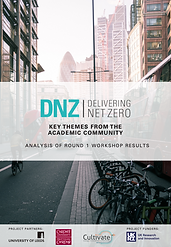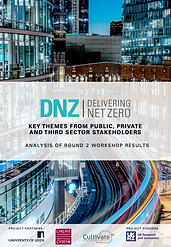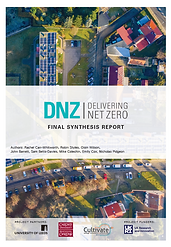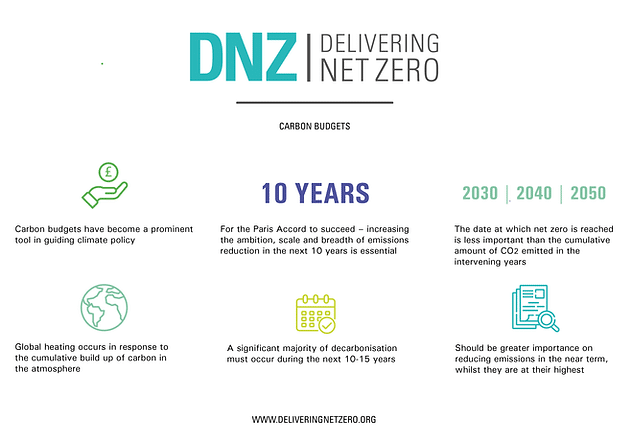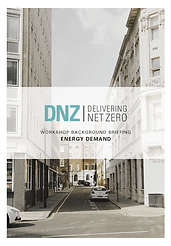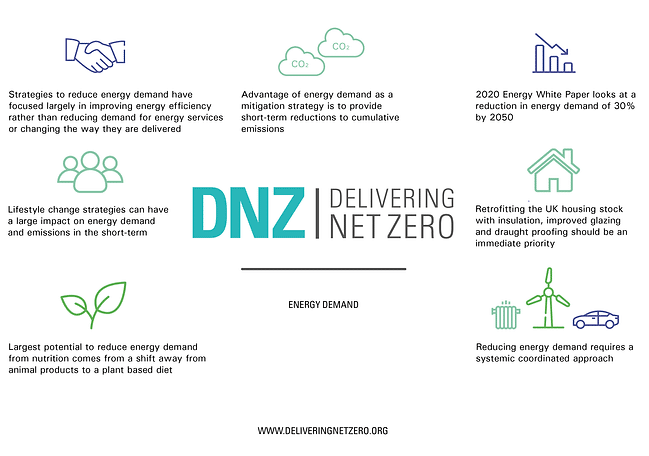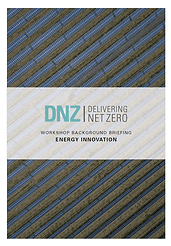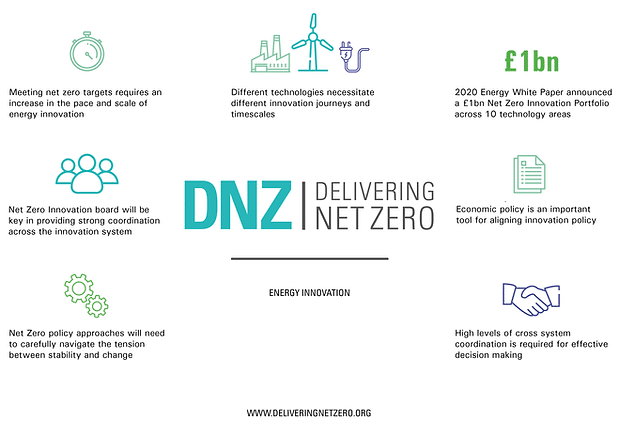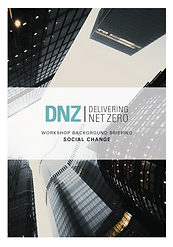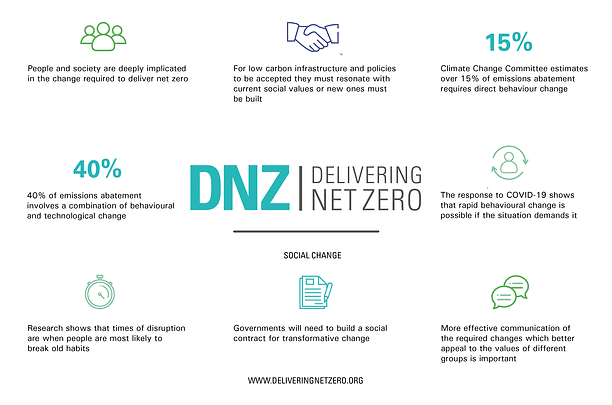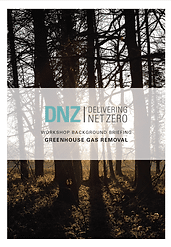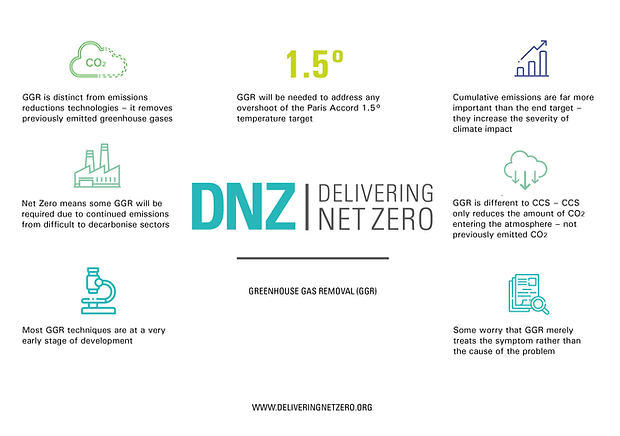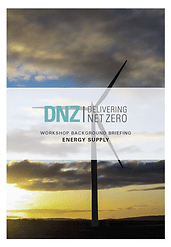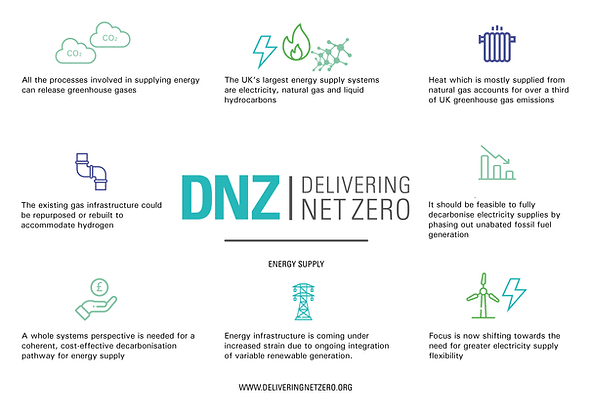
The Delivering Net Zero project was commissioned by the UK Research and Innovation (UKRI) Energy Strategic Advisory Council to maximise the impact of its research programme on key decision-making processes to secure a net-zero future. Its aim was to ensure that the research funded by the UKRI Energy and Decarbonisation Programme had the maximum opportunity to inform and guide the response of UK decision-makers to climate change.
Representatives from the Department of Business, Energy and Industrial Strategy, the Committee on Climate Change, an industrial decarbonisation cluster, a non-governmental organisation, and a large UKRI-funded research centre were consulted to help shape the design and outputs of the project to ensure it delivered benefits and impact.
An advisory group chaired by Professor Jim Watson of University College London provided a review of activities throughout the project and acted as a governance body.
Project Partners and Funders

Cultivate Innovation is an energy focussed innovation research consultancy that connects people and empowers them to build high quality relationships that deliver lasting impact. It specialises in working with organisations who are delivering innovative low-carbon energy solutions.
Built upon experience of working at a senior level with both the private and public sectors, Cultivate is recognised by its clients as an organisation that can bridge the gap between academia, industry and consumers by understanding that engineers and investors speak very different languages and that these conversations take place in a context framed by policy regulations and broader societal needs.

Cardiff University is an ambitious and innovative university with a bold and strategic vision located in the capital city of Wales. The University excels in education, research and innovation building strong international relationships whilst delivering significant economic and social impact in Wales and the UK as a whole.
The Understanding Risk Research Group at Cardiff School of Psychology conducts leading edge research into public and stakeholder engagement with a range of energy technology and environmental issues on both the supply and demand side. We are core members of the UK Energy Research Centre (UKERC) and also led the social science work-stream of the Flexible Integrated Energy Systems (FLEXIS) project.

The University of Leeds is one of the largest higher education institutions in the UK, renowned globally for the quality of its teaching and research. The University strives to achieve academic excellence within an ethical framework informed by its values of integrity, equality and inclusion, community and professionalism.
The University’s Sustainability Research Institute explores a wide range of issues including climate change, energy, transport, water, resource use, land-use, conservation, cities and communities, business and lifestyles – specialising in participatory, action-orientated research that brings together government, business, non-governmental organisations and local communities to enhance the relevance, quality and practical influence of their research.

The project was funded by UKRI.
Academic papers
Reports: Analysis of Workshops
Background Documents
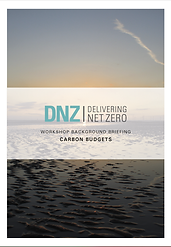
Carbon Budgets
Carbon budgets have become a prominent tool in guiding climate policy.
Energy Demand
In the UK energy demand has plateaued in recent years.
Energy Innovation
Meeting net zero targets requires an increase in the pace and scale of energy innovation. Studies show energy technologies take between 20 & 68 years to move from first prototype to 1% of a normal market.
Social Change
Confronting the dependency of modern societies on fossil fuels will require structural change across many of the institutions which shape every aspect of people’s lives.
Greenhouse Gas Removal
Greenhouse Gas Removal (GGR) refers to anything that removes and sequesters previously emitted greenhouse gases from the atmosphere.
Energy Supply
The supply of energy from electricity, liquid hydrocarbons, and natural gas cover almost 70% of the country’s GHG emissions.
Project Methodology
Develop
Develop an understanding of the needs of decision makers and the requirements that they have for the evidence that informs their decision making
Recognise
Recognise the wider systems impact of any decisions targeted at net-zero, gaining an understanding of where “decision-makers” have agency over decisions – providing insights into the complexity of formulating policy
Begin
Begin the process of structured engagement to build a more trusting relationship between industry, academia and government
Collaborate
Use a deliberative process by running a series of workshops with leading UK academics and key stakeholders from the public, private and third sectors
The desired outcome of the project was to create an environment whereby rapid but above all robust decisions made in the UK are informed by the most advanced research on climate mitigation.
Project Workshops
Round 1
February 2021
“Framing the Vision” – focussed on gathering and structuring knowledge and consensus building within the academic community
Round 2
June 2021
“Building the Vision” – sought to understand stakeholder perspectives of the net-zero challenge, future visions, constraints and opportunities with stakeholders from the public sector, private sector, boundary organisations and UKRI
Round 3
November 2021
“Comparing the Vision” – reflected upon the vision and consensus thinking derived from the stakeholder groups participating in Round Two and share that with the original academic participants in Round One
Round 4
May 2022
“Sharing the Vision” – the final workshop brought together academics and representatives of the stakeholder groups to agree outputs of the project to inform a narrative on what is required to deliver a net-zero future in the short-term (the next 10 years) and the longer-term (from 2030) guided by the best academic evidence

